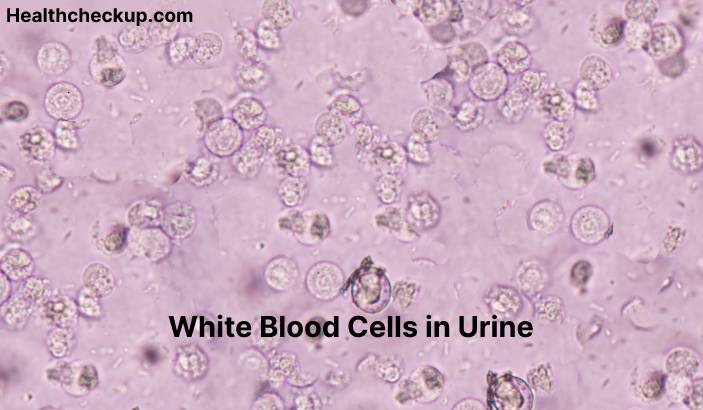White blood cells, also known as leukocytes, are an important part of the immune system. They help to fight infection and protect the body from harmful substances. In this article, we will explore the presence of white blood cells in urine and the potential health implications.
What do white blood cells in urine mean?
White blood cells in urine, also known as leukocyturia, can indicate an infection or inflammation in the urinary tract or kidneys. The urinary tract includes the kidneys, ureters, bladder, and urethra. Infections or inflammation in these areas can cause white blood cells to be present in the urine.
White blood cells in urine can also be a sign of other underlying health conditions, such as kidney disease or a sexually transmitted infection. In some cases, white blood cells in urine may be present due to other non-infectious causes, such as physical trauma or an allergic reaction.
It is important to note that small amounts of white blood cells in urine are normal. However, a higher number of white blood cells in urine can be a cause for concern and require further testing and treatment.
Diagnosis of white blood cells in urine
White blood cells in urine can be detected through a urine test. A urine test, also known as a urinalysis, is a common laboratory test that checks for a variety of substances and cells in urine, including white blood cells. A urine test can be performed in a healthcare provider’s office or at a laboratory.
To prepare for a urine test, a person is asked to collect a sample of urine in a clean, dry container. The sample is then sent to a laboratory for analysis. It is important to follow the instructions for collecting the urine sample carefully to ensure accurate results.
Treatment of white blood cells in urine
Treatment for white blood cells in urine will depend on the underlying cause. If an infection is present, treatment includes antibiotics or other medications. If kidney disease or another underlying health condition is causing white blood cells in urine, treatment will focus on managing the condition.
It is important to work with a healthcare provider to determine the cause of white blood cells in urine and to determine the best treatment plan.
Conclusion
White blood cells in urine, also known as leukocyturia, can indicate an infection or inflammation in the urinary tract or kidneys. White blood cells in urine can also be a sign of other underlying health conditions, such as kidney disease or a sexually transmitted infection. A urine test can be used to detect white blood cells in urine, and treatment will depend on the underlying cause. It is important to work with a healthcare provider to determine the cause of white blood cells in urine and to determine the best treatment plan.








